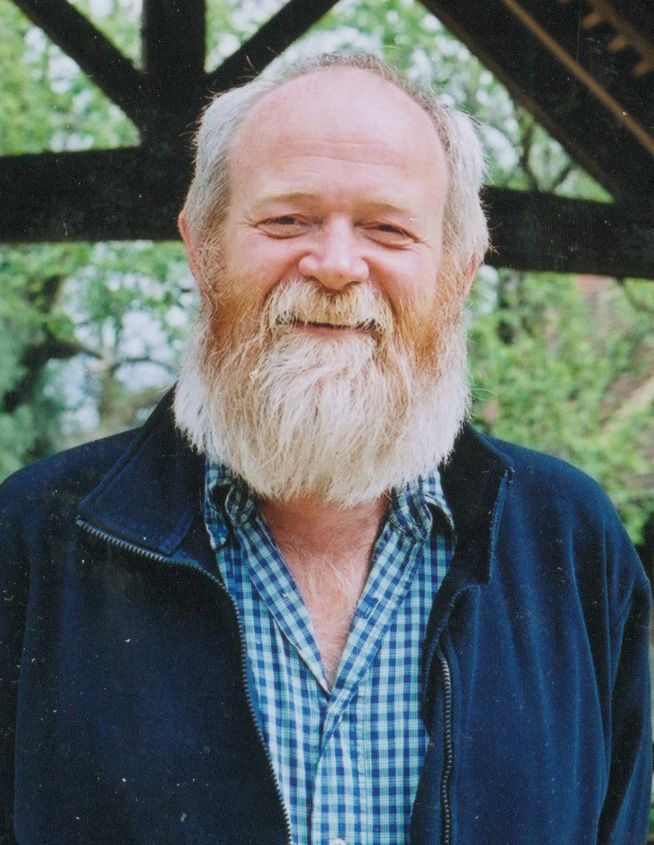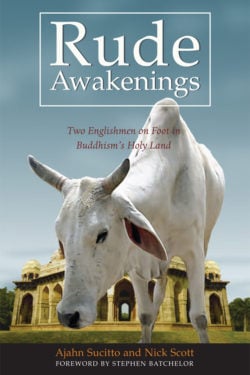Nick Scott

Dr. Nick Scott is a botanist and ecologist who has worked most of his life in conversation. He lives in Chithurst, outside London.
Books, Courses & Podcasts
Rude Awakenings
Half raucous adventure and half inspirational memoir, Rude Awakenings documents an unusual pilgrimage. Two very different men—life-loving naturalist Nick Scott and austere Buddhist monk Ajahn Sucitto—together spend six months retracing the Buddha’s footsteps through India. Told alternately by Sucitto and Scott in their distinctive voices, this story blends self-effacing humor, philosophical explorations, drama, travel observations, and the occasional giant fruit bat. Rude Awakenings is a heady record of survival and spirituality set against the dramatic backdrop of one of India’s most lawless regions.

